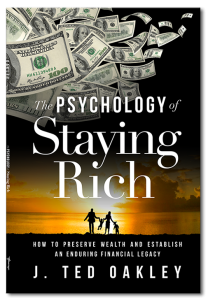EP 478 Working Too Much Can Be a Matter of Life and Death
If you google ‘work too much’ you will find lots of references to the ill effects of an unbalanced life when you spend too much time on the job. These effects include harmful medical, mental and social consequences. A new study discussed in this podcast attributes 745,000 thousand deaths worldwide in 2016 to the cause of overwork which is considered by the World Health Organization to be a ‘ serious health hazard’. Joining us to discuss the topics is Daiga Kamerade, a work and employment sociologist at the University of Salford in the U.K. And while predictions were made years back that by this point prosperity and automation would replace human labor, that is by no means the case, particularly in America, sometimes referred to as the ‘no vacation nation’. Take a break from whatever work you’re doing and listen to this podcast.
Podcast: Play in new window | Download









